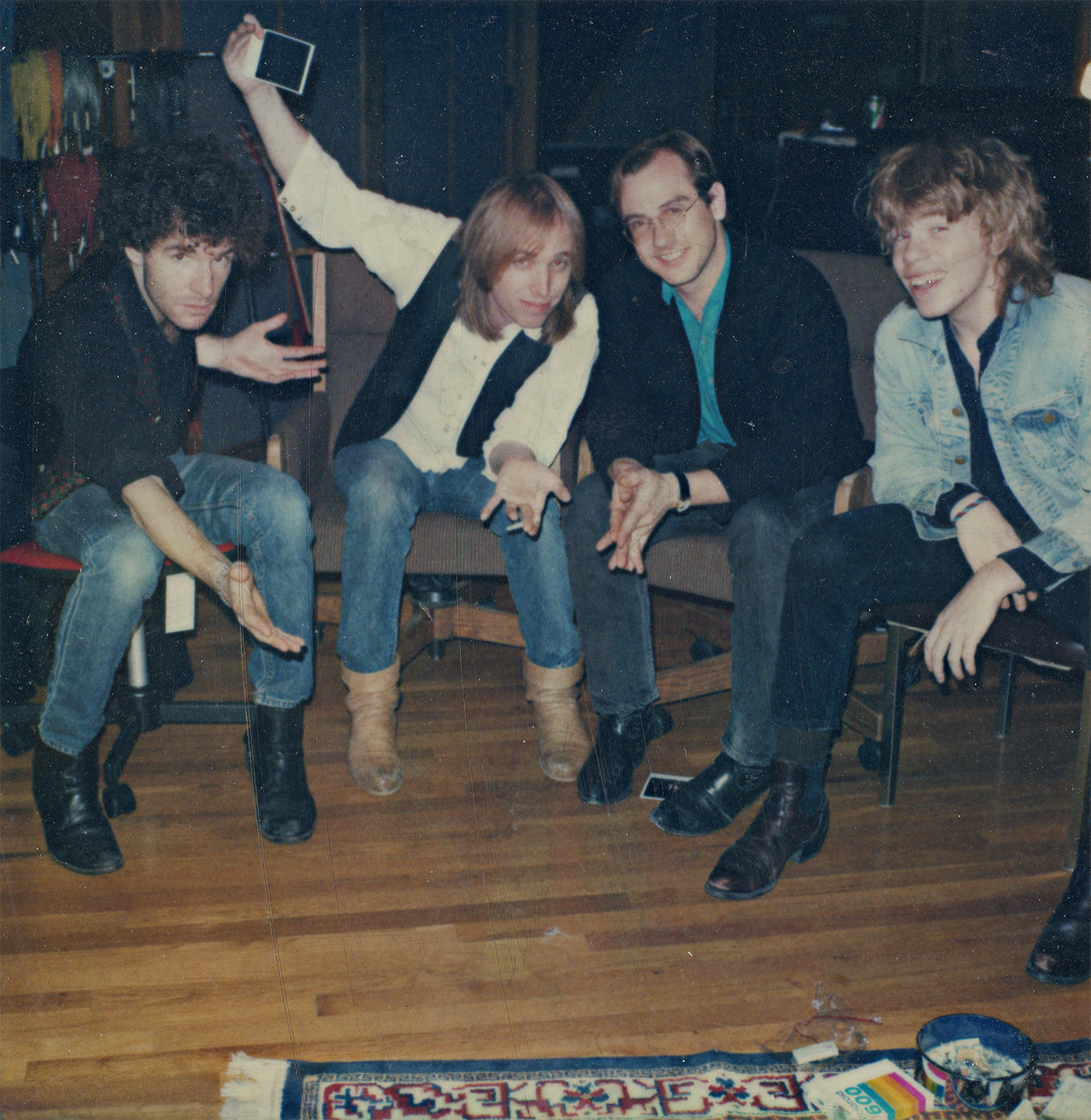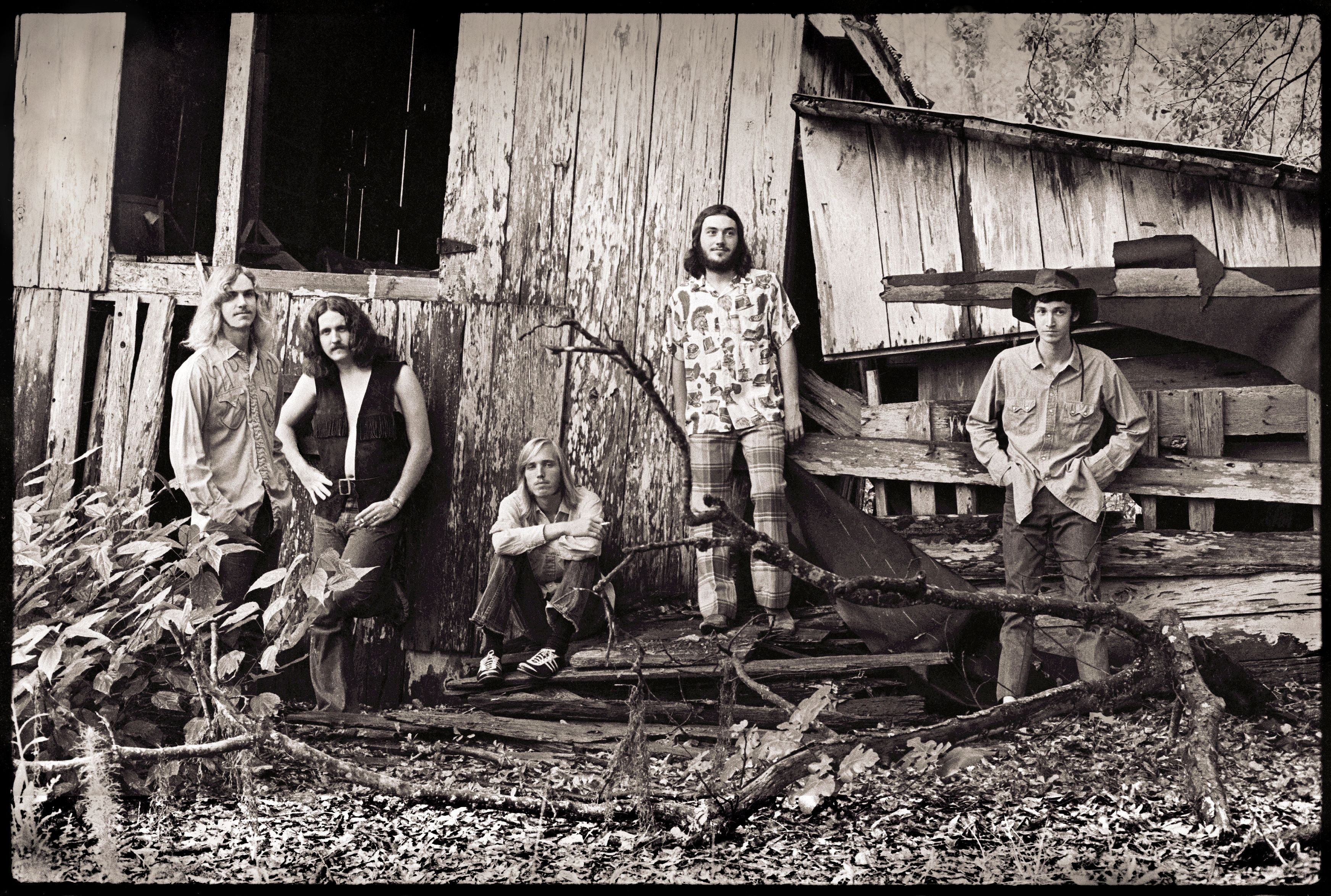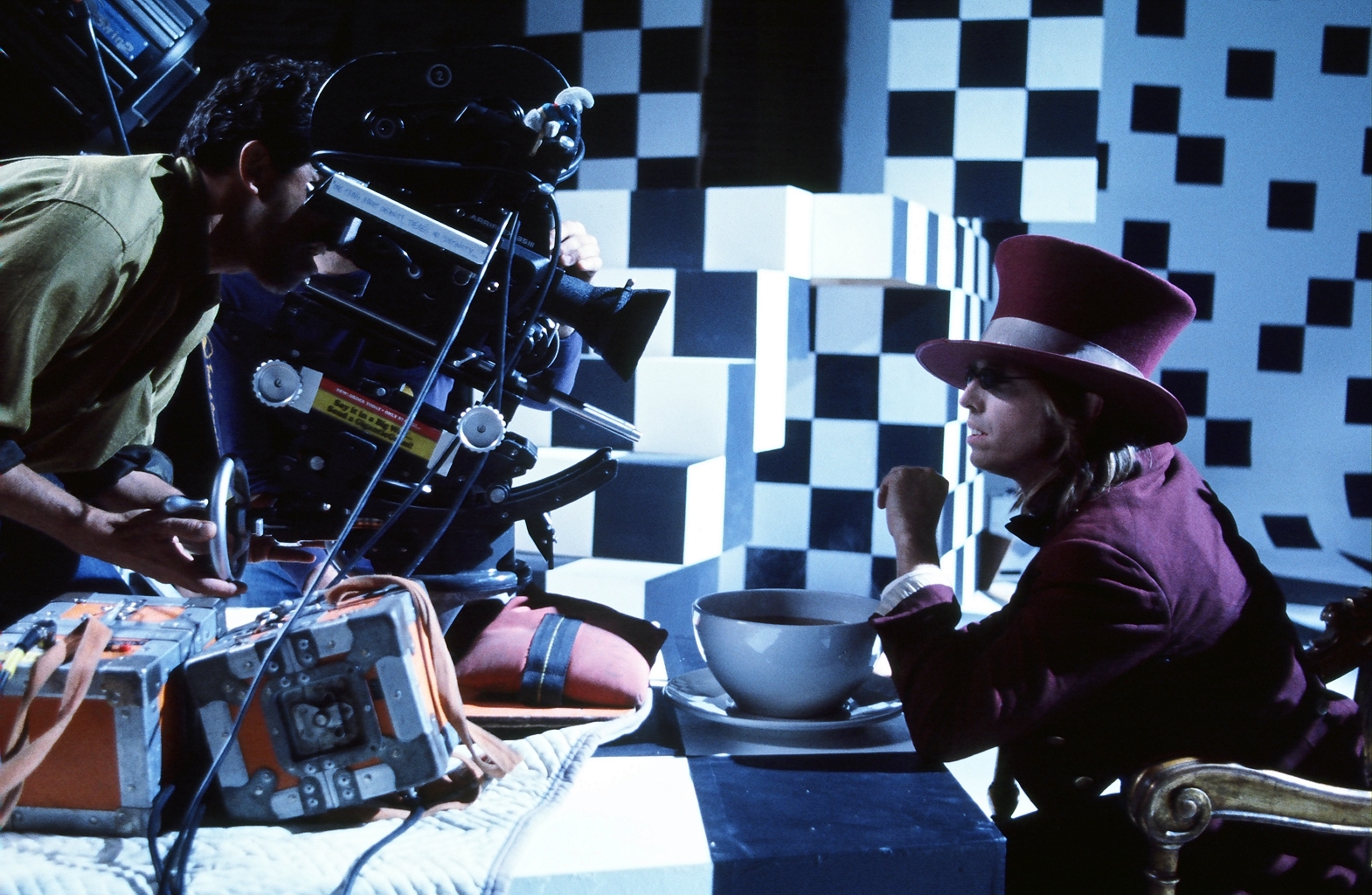This interview first appeared on Best Classic Bands in 2015. We have kept it in the present tense.
Warren Zanes first met Tom Petty in 1986 when the Boston-based band the Del Fuegos were touring their second LP, Boston, Mass. Petty sang harmony on the band’s followup album, Stand Up, and had the Del Fuegos open for them and the Georgia Satellites on the their 1987 Rock ‘n’ Roll Caravan summer shed tour. “We got to know him better on the tour,” says Zanes.
But they didn’t know each other well. Skip ahead. Petty went on to continue to sell millions of albums, both with the Heartbreakers and solo. Zanes, a rabid Petty fan since childhood, moved into academia after the Fuegos split, earning two Masters and a Ph.D. and then becoming a vice president at the Rock and Roll Hall of Fame. He is currently executive director of Little Steven’s Rock and Roll Forever Foundation.
Zanes also wrote Dusty in Memphis, a slim, small-market book in the 33 1/3 series about the legendary Dusty Springfield album and Petty read it. Impressed, he reached out to his old acquaintance, asking Zanes to pen his biography.
“Tom said he didn’t want it to be authorized,” says Zanes. “It was based on his own reaction to authorized books. He said he feels like when he sees that on the front top of the book, he knows it’s going to be bullsh*t: an inside, white-washed account and he said, ‘I want this to be your book. Not ghost-written, not co-written, not authorized.’ The only thing he asked was the opportunity to read it before publication and respond to anything he felt the need to respond to. And he stuck to that agreement.”
Which meant in Petty: The Biography, Zanes wrote not just about Petty’s troubled childhood in rural Florida and, later, a crumbling marriage, but about Petty’s dangerous dance with heroin in his 50s. Petty had talked about heroin for the 2007 Peter Bogdanovich documentary, Tom Petty & the Heartbreakers: Runnin’ Down a Dream. Zanes contributed to the film, but Petty nixed all talk of his heroin addiction when it came time to edit the film. This time, he didn’t flinch from the story being told.
“I stepped into this territory hesitantly,” Zanes admitted, on the phone from his Montclair, N.J., home. “This is tricky stuff to talk about. Our main point of discussion was his concern that if there could even be one kid out there who could romanticize drugs because they read Tom Petty’s story. I certainly would like to think the account in the book is not romantic.”
It is not. If it began as a place to take refuge, it ends as its own prison. “This is really a guy who slammed up against midlife and was forced to confront a lot that had been waiting for him,” says Zanes. “His childhood, his mother’s illness, losing her, the trouble in leading a band, the trouble in his marriage. It all comes down at once and he is a guy born and raised in rock ‘n’ roll. He knew there was something there for when the pain gets to be too much; he regrets his choice in picking up heroin but that’s what he did. And when he got past it he was past it.”
Related: Petty was honored as the 2017 MusiCares Person of the Year
Petty is now 66, Zanes 51. The story Zanes tells has a lot to do with Petty’s youth in rural Florida and his desire to use rock ‘n’ roll as an escape. It’s about how Tom Petty and the Heartbreakers formed out of a band called Mudcrutch. About how Petty has maintained his band’s existence in the face of intra-band struggle and difficult personnel decisions. And, it’s very much about how Petty has channeled most of his emotion and passion into his music, sometimes at the expense of real life relationships.
In the book, Zanes writes about how for all of Petty’s love for Chuck Berry, the Beatles and R&B, “It was that emotion that would make his material matter. Regardless of tempo, regardless of style. He would never oversell a song, ever put its feelings on you but he learned somehow to bring the truth out of a lyric.”
The Tom Petty you hear roaring through “Even the Losers” is not the Tom Petty you get offstage, Zanes says. “When you sit down on a couch next to Tom, he’s pretty reserved. He’s got a lot of intelligence, a lot of humor and he knows how to craft a sentence. He’s highly engaging, but the power of emotions goes into the songs. He lives differently in his songs than he does in his life.”
Zanes weaves his own story into the bio – about his relationship with Petty – first as a fan, then on tour, later at his house with various superstar friends, but he’s not intrusive about it. He says he was initially reluctant to put much in there, but noted rock historian Peter Guralnick read early versions and encouraged him to put more of himself in it. “These things did happen and they leant significance in how I told the story,” says Zanes.
Zanes thinks Petty’s oldest daughter, Adria, may have summed up her father’s psyche best. “She was saying that she learned that the world of songs is a place that he went and that he wanted to take her to,” says Zanes. “And I think it’s enormously significant in his story that here’s this guy who’s suffered childhood abuse, the loss of his mother, a lot of stuff during the formative years, and songwriting becomes this place of being beyond the reach of that which otherwise pulls him down. He went there for a kind of safety and as a result he was very consistent in his output. He kept needing to go to this place he identified as safety and the offshoot is his songs.”
Zanes was able to get access to the Heartbreakers, past and present, including drummer Stan Lynch, who’d been fired and rehired numerous times (ultimately fired). Initially reticent to talk, he spoke for eight hours – Zanes says he’s the most extroverted of a mostly introverted band – and gave the book a perspective others couldn’t.
One of the running themes is who Petty is in relation to the band. He’s the lead singer and main songwriter, but he likes being part of a band. Yet, sometimes he liked the idea of going solo and working outside the band. Over time guitarist-singer-songwriter Mike Campbell began to be considered a near-equal partner.
In the book, Zanes quotes keyboardist Benmont Tench as saying, “It’s Tom’s band, it’s Tom and Mike’s band, it’s Tom’s band, it’s our band, all of us, but it’s Tom’s band, you know.”
“When he said it,” Zanes says, “I was like that’s it. I think he thought he was not really making sense and he was making perfect sense and I loved it.”
Zanes chose not to go as deeply into Petty’s recent past, the post-2006 albums and stadium tours. “In a biography,” he says, “the thing that demands the most attention are the periods of development – childhood, the first creative acts, the teaching relationships he had with [former label boss/producer] Denny Cordell, [producers] Jimmy Iovine, Jeff Lynne and Rick Rubin. Development is life-long, but there are peaks in a life and that’s what I paid the greatest mind to.”
If some people view Petty as a harsh or autocratic bandleader, Zanes says, “On a relative scale of what it takes to keep an operation running, I think Tom is high on the nice guy side. But the truth is to keep an operation like that running long-term as he did, you end up having to be tough in ways. He’s a complicated man and I tapped into the primary vein in that complex system.”
Zane’s book is available here. Petty’s rich catalog is available in the U.S. here, in Canada here and in the U.K. here.











No Comments so far
Jump into a conversationNo Comments Yet!
You can be the one to start a conversation.